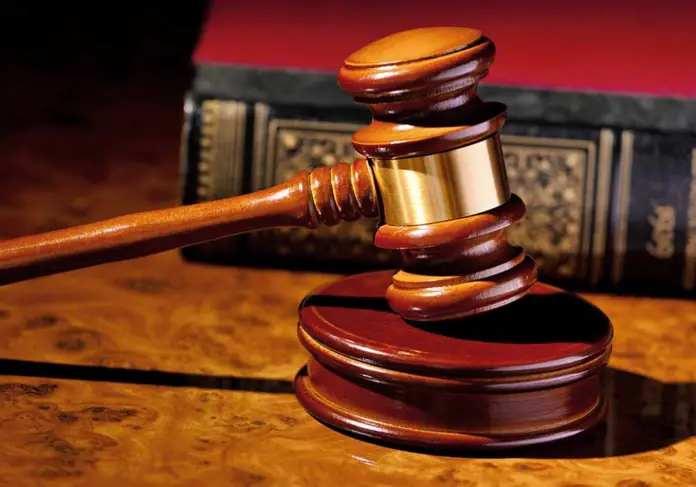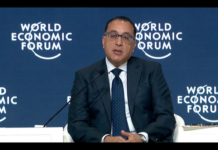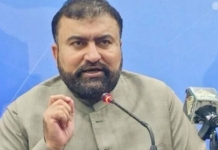The Lahore High Court (LHC) on Tuesday issued notices to Punjab Chief Minister Hamza Shehbaz and sought assistance from the attorney general for Pakistan and the Punjab advocate general on petitions moved by PTI leaders challenging the PML-N leader’s election and seeking his removal from the office
Justice Shujaat Ali Khan of the LHC passed the order while hearing arguments from both sides. An additional attorney general and a law officer representing the Punjab government were also present, besides Advocate Azhar Siddique-the counsel for the PTI.
As the hearing commenced, the counsel for the Punjab government objected to the petitions and asked the court for their instant dismissal. He said that the matters of parliament were not supposed to be brought to court. He told the court that the petitioners were the members of the PTI and that they had the right to take the issue to the assembly.
The law officer added that the PTI leaders could also move a no-confidence motion against Hamza. Advocate Azhar Siddique, however, opposed his arguments, contending that the opinion of the Supreme Court was quite clear.
Azhar argued that Hamza would lose the majority in the house once the votes of PTI dissident lawmakers are subtracted as per the opinion of the top court on the interpretation of Article 63-A of the constitution.
The court sought arguments about the opinion of the Supreme Court and its impact on the subject matter, observing how the opinion of the Supreme Court could be ignored
Justice Khan also issued a notice to Hamza Shehbaz and sought assistance from the attorney general and the advocate general as well as the provincial secretary and adjourned further hearing till June 20.
Hamza Shehbaz was elected as the Punjab chief minister on April 16 during a violence-marred session of the Punjab Assembly.
Following his election, the PTI and the PML-Q leaders approached the court and challenged his election. From the PTI, Mohammad Sibtain Khan, Zainab Umair, Mian Mohammad Aslam Iqbal, Syed Abbas Ali Shah and Ahsan Saleem Baryar filed the petition while Punjab Assembly Speaker Chaudhary Parvez Elahi was another petitioner, who challenged Hamza’s election.
Later, LHC Justice Jawad Hassan in his ruling had directed the NA speaker to administer oath to Hamza and had fixed the date and time for the oath ceremony to end the crisis in Punjab. Before the single bench of Justice Jawad, Chief Justice Muhammad Ameer Bhatti had passed two orders on two separate petitions filed by Hamza Shehbaz and advised the President and the then governor to administer him the oath.
The petitioners had challenged two separate verdicts of a single bench comprising Chief Justice Muhammad Ameer Bhatti on two different petitions filed by Hamza Shehbaz.
The appellants had said, “the high court’s single bench in the absence of any pleadings by any single party to be arrayed as respondents in the writ petition, on the very first day, reserved judgement”.
They had argued that such conduct was unprecedented and was a clear violation of the constitution and the proceedings had caused turmoil and created havoc. They had pointed out that a third petition was filed for the same cause, which had already been decided in two separate petitions.
They had argued that the judicial proceedings of the single bench also contained “rude remarks against constitutional officers such as the governor of Punjab and the president of Pakistan in the reserved judgment”.
They had contended that the haste and the procedure showed an absence of justice, pleading with the court that a larger bench of not less than seven judges should hear this matter.
They had further pleaded with the court that the impugned order passed by the single bench had ignored the facts and it had also been contradictory to various articles of the constitution and same be declared null and void.
“This judgment is against articles 48, 87, 133, 187, 190, 204, 248 and 255 of the constitution,” the PTI’s counsel had argued.







